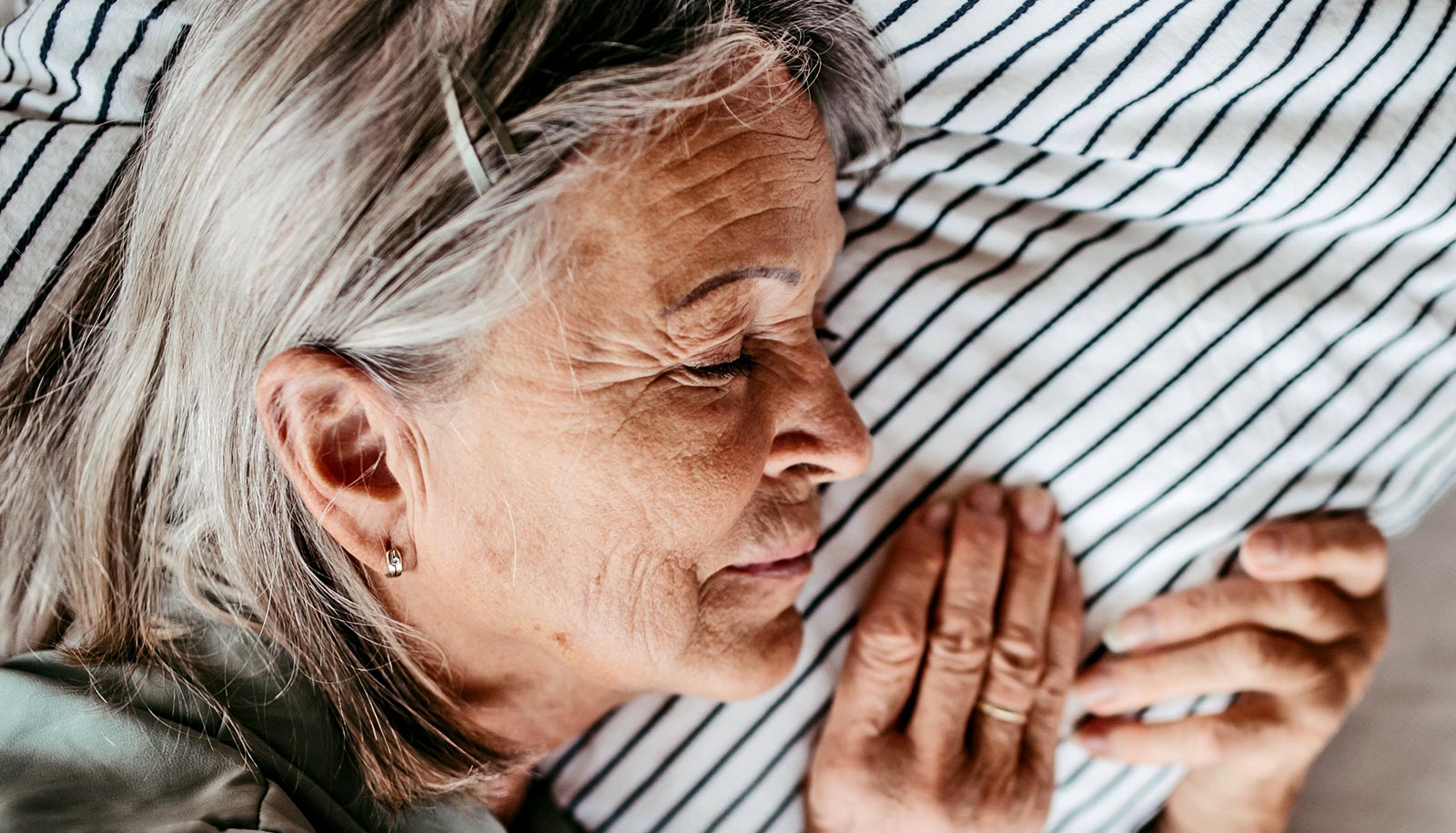
When neuroscientists exposed older adults to a fragrance for two hours every night for six months, they reaped a 226% increase in cognitive capacity compared to the control group, according to a new study.
The researchers say the finding transforms the long-known tie between smell and memory into an easy, non-invasive technique for strengthening memory and potentially deterring dementia.
The project, conducted through the Center for the Neurobiology of Learning & Memory (CNLM) at the University of California, Irvine, involved men and women aged 60 to 85 without memory impairment. The researchers gave all participants a diffuser and seven cartridges, each containing a single and different natural oil.
People in the enriched group received full-strength cartridges. Control group participants were given the oils in tiny amounts. Participants put a different cartridge into their diffuser each evening prior to going to bed, and it activated for two hours as they slept.
People in the enriched group showed a 226% increase in cognitive performance compared to the control group, as measured by a word list test commonly used to evaluate memory. Imaging revealed better integrity in the brain pathway called the left uncinate fasciculus. This pathway, which connects the medial temporal lobe to the decision-making prefrontal cortex, becomes less robust with age. Participants also reported sleeping more soundly.
Scientists have long known that the loss of olfactory capacity, or ability to smell, can predict development of nearly 70 neurological and psychiatric diseases, including Alzheimer’s and other dementias, Parkinson’s, schizophrenia, and alcoholism.
Evidence is emerging about a link between smell loss due to COVID and ensuing cognitive decrease. Researchers have previously found that exposing people with moderate dementia to up to 40 different odors twice a day over a period of time boosted their memories and language skills, eased depression, and improved their olfactory capacities.
The researchers decided to try turning this knowledge into an easy and non-invasive dementia-fighting tool.
“The reality is that over the age of 60, the olfactory sense and cognition starts to fall off a cliff,” says Michael Leon, professor of neurobiology & behavior and a CNLM fellow. “But it’s not realistic to think people with cognitive impairment could open, sniff, and close 80 odorant bottles daily. This would be difficult even for those without dementia.”
“That’s why we reduced the number of scents to just seven, exposing participants to just one each time, rather than the multiple aromas used simultaneously in previous research projects,” says project scientist Cynthia Woo, first author of the study published in Frontiers in Neuroscience.
“By making it possible for people to experience the odors while sleeping, we eliminated the need to set aside time for this during waking hours every day.”
The results from the study bear out what scientists learned about the connection between smell and memory, the researchers say.
“The olfactory sense has the special privilege of being directly connected to the brain’s memory circuits,” says Michael Yassa, professor and chair in the neurobiology of learning and memory and collaborating investigator of the study.
“All the other senses are routed first through the thalamus. Everyone has experienced how powerful aromas are in evoking recollections, even from very long ago. However, unlike with vision changes that we treat with glasses and hearing aids for hearing impairment, there has been no intervention for the loss of smell.”
The team would next like to study the technique’s impact on people with diagnosed cognitive loss. The researchers also say they hope the finding will lead to more investigations into olfactory therapies for memory impairment.
Procter & Gamble funded the work.
Source: UC Irvine








